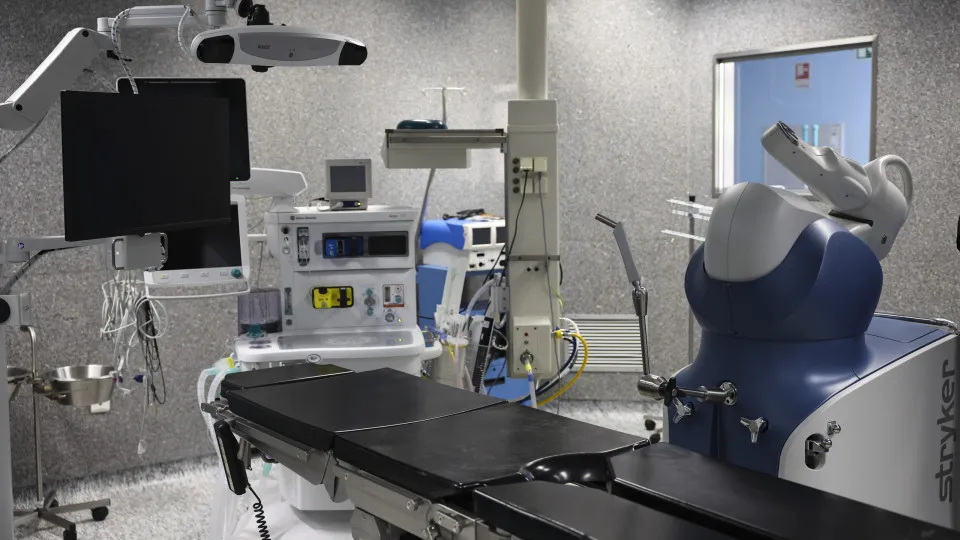
The Health System Performance and Impact Evaluation Report (RADIS) by the National Health Convention (CNS) highlights two distinct phases in the evolution of oncology surgeries performed by the National Health Service (SNS) between 2023 and 2025.
“During 2023, there was an average decrease of 3.1% in the number of surgeries, with figures dropping from 18,245 in the first quarter to 16,583 in the third quarter, reflecting constraints on care capacity, possibly due to accumulated post-pandemic delays, reorganization, and resource limitations,” the document notes.
However, it emphasizes that this negative trend was reversed by the end of 2023, with sustained average growth of 2.6% from the fourth quarter of 2023 to the second quarter of 2025, reaching 20,449 surgeries in the first quarter of 2025.
“Despite the recovery, the third quarter of 2025 shows an abrupt decline (-16%), with only 11,959 surgeries, suggesting a seasonal factor or temporary restriction of capacity,” it underlines.
Regarding compliance with the Maximum Guaranteed Response Time (TMRG), the data reveals “persistent weaknesses”: In the first half of 2024, 62.1% of first oncology consultations exceeded the TMRG, with this non-compliance even more pronounced among high-priority patients (79.6%).
The median waiting time for a first consultation was 26 days, 1.5 days longer than the previous semester. For oncology surgeries, the non-compliance was 22.4%, with a greater impact on high-priority patients (41.1%), although it improved compared to the second half of 2023, the report reads.
When questioned about the situation, Health Minister Ana Paula Martins admitted it is a “very concerning problem” and stressed that the new referral system and integration into Local Health Units (ULS) should help reduce waiting times.
“Regarding the issue of access to consultations, it is indeed a very concerning problem that has been present for years, and this new system we are now starting to implement, which will have to cover all hospitals within the National Health Service, will help us greatly,” she stated, as well as the referral protocols from primary health care to hospitals.
Ana Paula Martins explained that “a significant part” of the patients on the waiting list is concentrated in oncology institutes, mainly because “some of these patients do not want to – and rightly so – leave that institution,” preferring to wait.
“We can greatly improve the management of this waiting list,” the minister recognized, explaining that new high-priority cases arise daily, assessed clinically, which ultimately prolongs the response time for other patients.
According to the minister, this situation also results from increased screenings and referrals.
[News updated at 18:24]



